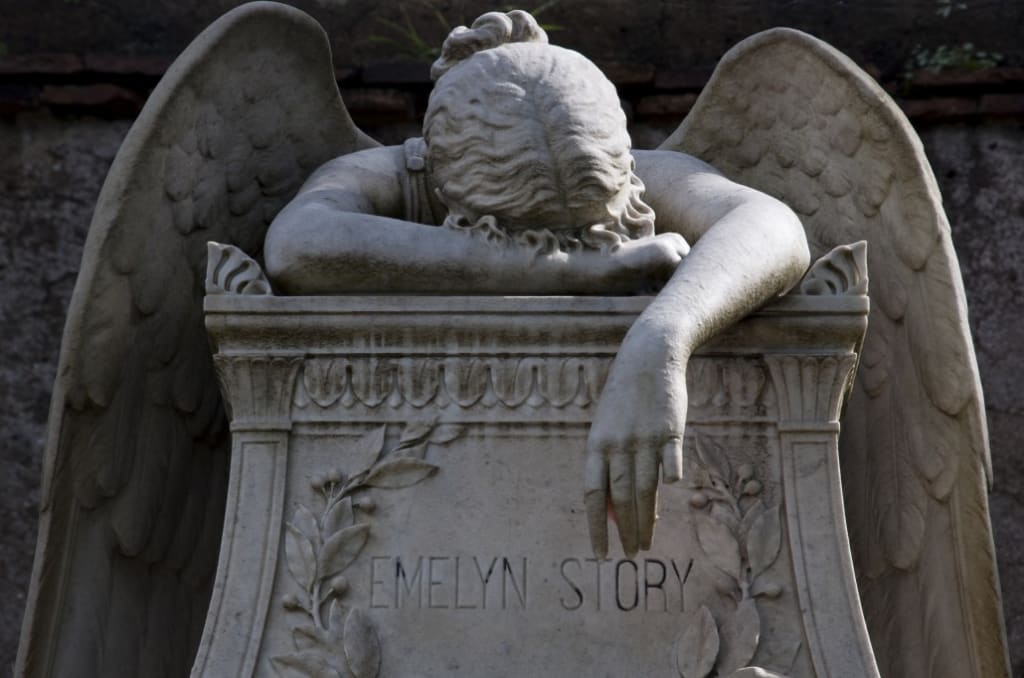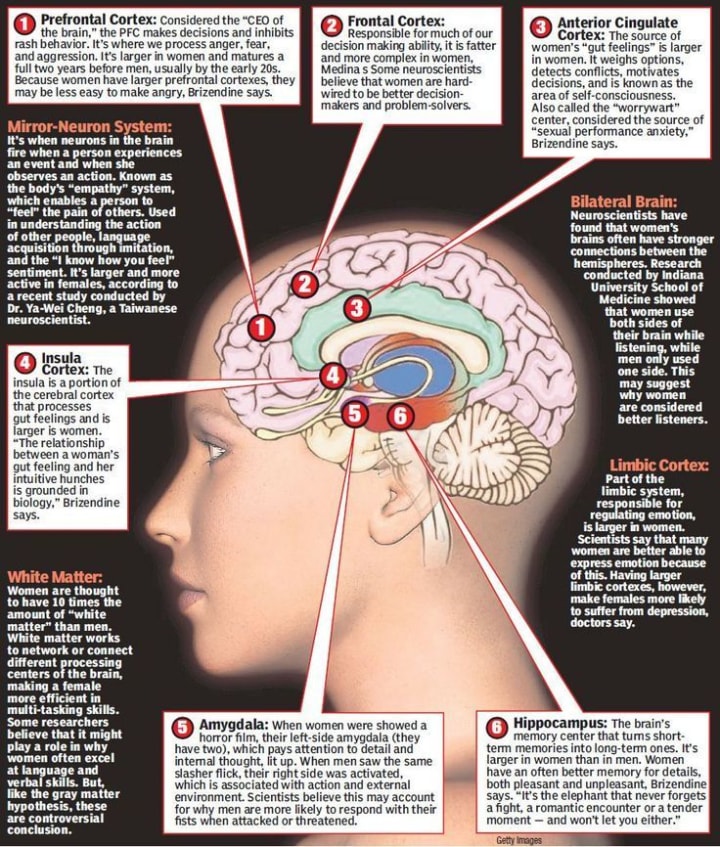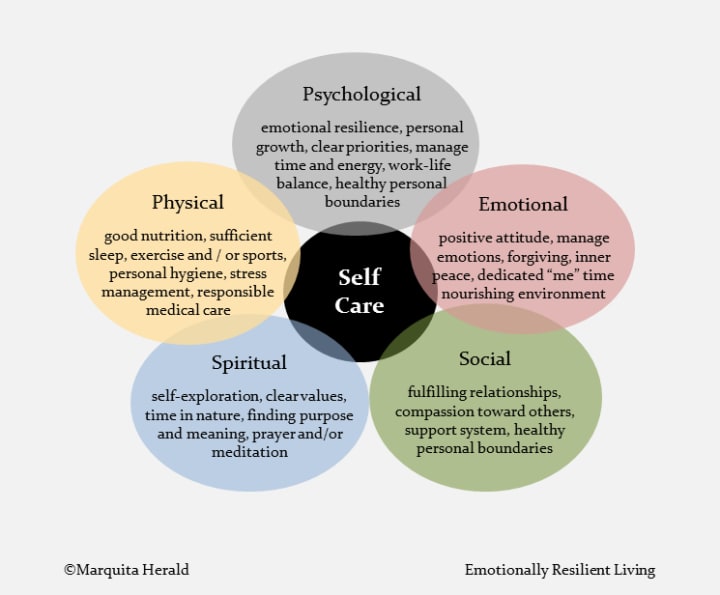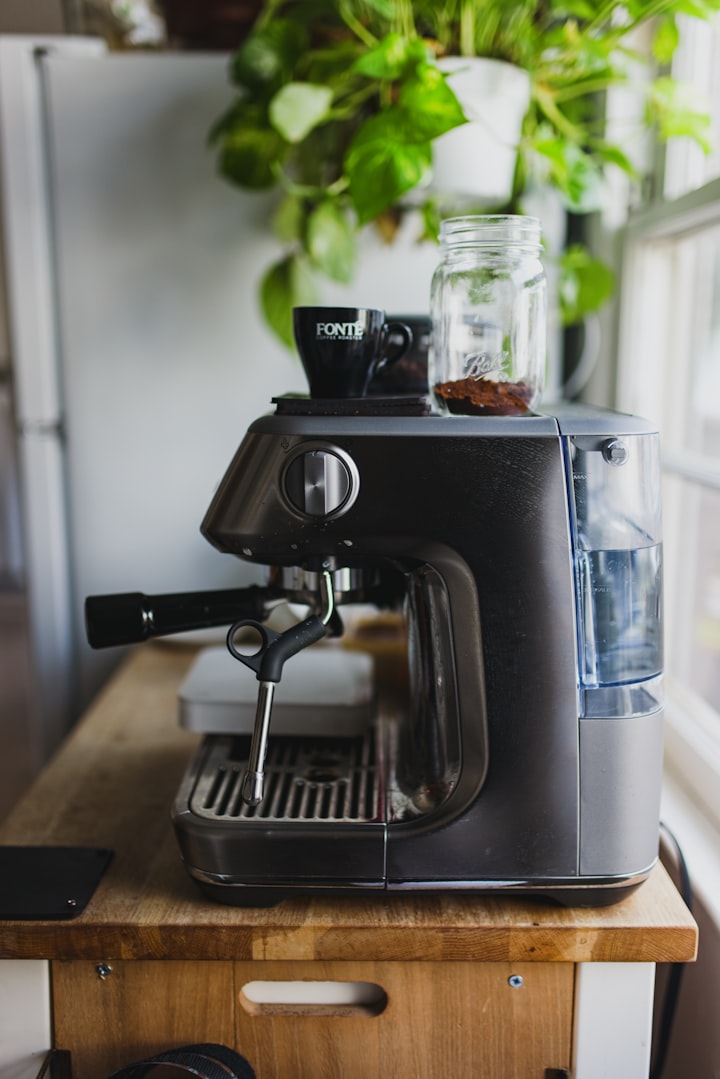If We Listen to Our Body, It Will Tell Us the Unexpected
It's proven by the neuroscientists that sad events reflect on your body with something similar to physical pain.

As strange as it may sound when something terrible happens, or whatever rejection we get, that small little crack inside our body 'hurts' in that place that we didn't even realise we had. And I am not talking about death, whom sorrow belongs to the cycle of life, but the common everyday roadblocks, such as discouraging moments, disillusions, unrequited love, just to name a few.
All those kinds of feelings which we bottle up or, in the worse scenario get stuck inside your chest, almost feels like it's changing the whole "you." I had a stage in my life where I felt like my soul was discoloured. Everything around me was wrapped entirely in a foggy and grey vapour. That soft and quiet yet numb sensation like walking in a well-decorated tunnel where you feel at ease and almost cuddled up.
I felt that kind of chatter, crumbling right inside my chest. The days hadn't any resonance, letting them pass by; I was walking through my decorated tunnel, with a version of reality and a perspective of the world which was no longer corresponding with my original one.
And when it comes to pain and emotional outlets, we have a particular neural network which provides us with an 'empathizing detector' for other people's state of mind. This process has been the subject of several types of research from Science and Psychology Conventions that have been taking place all around Europe (the 2017 International Convention of Psychological Science in Vienna) and America (Science Symposium, in San Diego, California ).
The Emotional Map

The Anterior Insula Cortex and the Cingulate Cortex
Through all these studies, the experts confirmed the connection between the real pain and personal emotions, like stress, anger, anxiety, underlying relation with social communication, acceptance, and empathy. We feel that heavy weight of loneliness, the social rejection and even more when our loved ones are not with us anymore, or been through some hard times. Thus, we can 'feel the pain', when we watch sorrowful pictures or very touching images.
According to another research study, our brain reacts differently following the mechanism called 'Mirroring mind,' in which, with the visual cortex already activated,—“We also activate our actions, as if we’d be acting in similar ways. We activate our own emotions and sensations as if we felt the same,"—explains Christian Keysers, of the Netherlands Institute for Neuroscience in Amsterdam. It's crucial to underline that these studies are the results of more than two decades of research. Always related to the interconnectedness of the brain and emotions, engaging exams have been played out using MRI alongside with the transcranial magnetic stimulation (TMS), bringing to the conclusion that the Mirror Mind contributes to perceiving the inner state of others.
By saying that, while researchers are working to connect neuroscientific and psychological perspectives with the areas of feelings, and identity, we should indeed understand the importance of what surrounds us as part of a biosystem. By doing that, with a little bit of effort from everyone, we could contribute to preserve the core of the tender human bond and the sympathy interconnection that levels every one to gender and social equality: we are all similar to a thousand small islands, distant from each other, but with an invisible link.
Whether we are mad at someone, or in some way feeling lonely and miserable, I think the best strategy is to give your self the change to have a moment with yourself: charging up your energy and your 'straight thought.' The main point is that we all came up to this world with a design path, and, no matter how tough and tricky that is, we should embrace our entire persona with something beautiful and indispensable to give, even for your small world.
We are a perfect connected system.

The Self-Care Chart
About the Creator
Letizia De Luca
Stay foolish stay hungry! Based in Melbourne but Italian born. I decided to jump into the unknown landing with my self into Oz land! Travel lover, good company, good wine, good food....and all the possible good people along the way:)






Comments
There are no comments for this story
Be the first to respond and start the conversation.